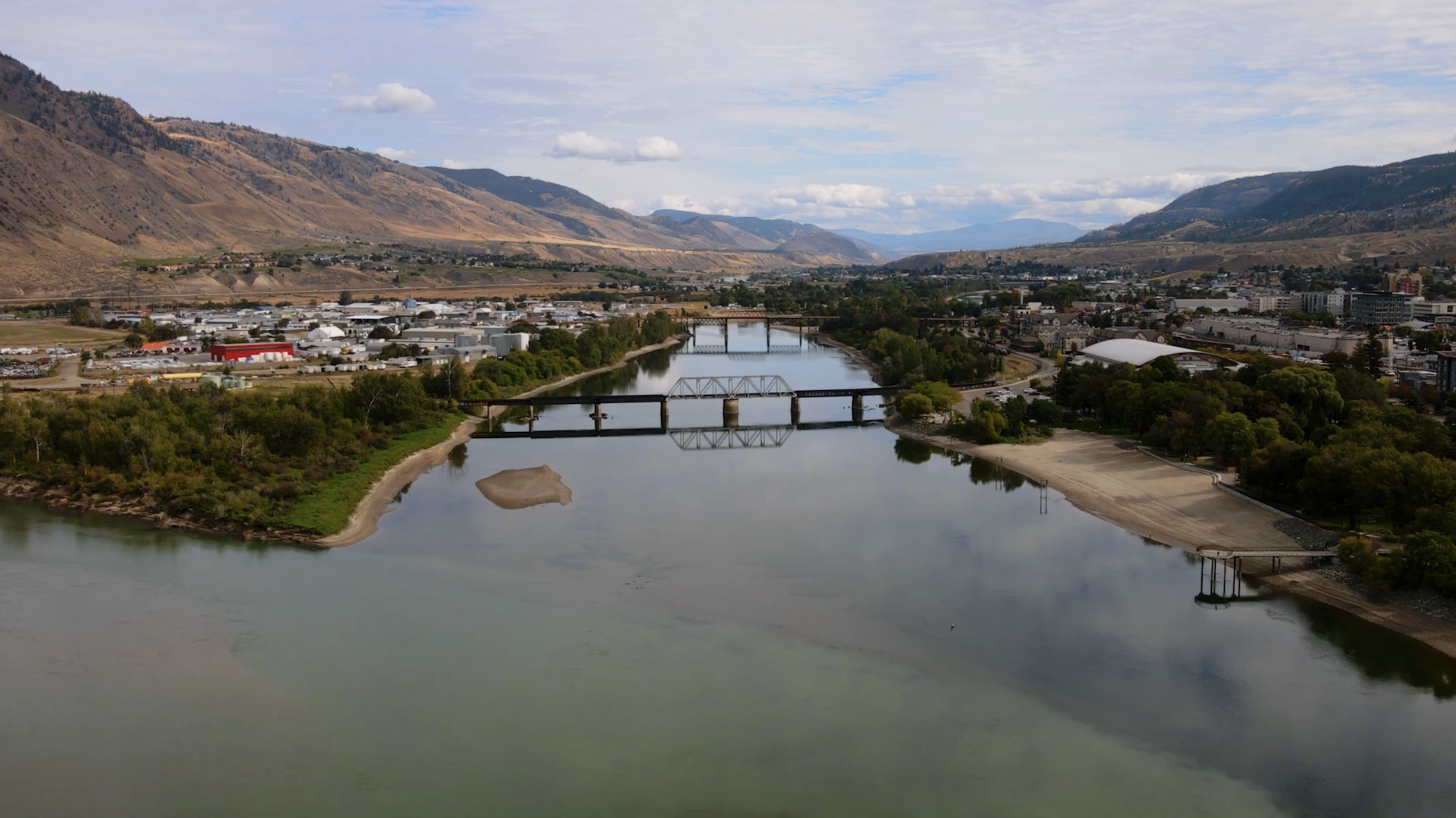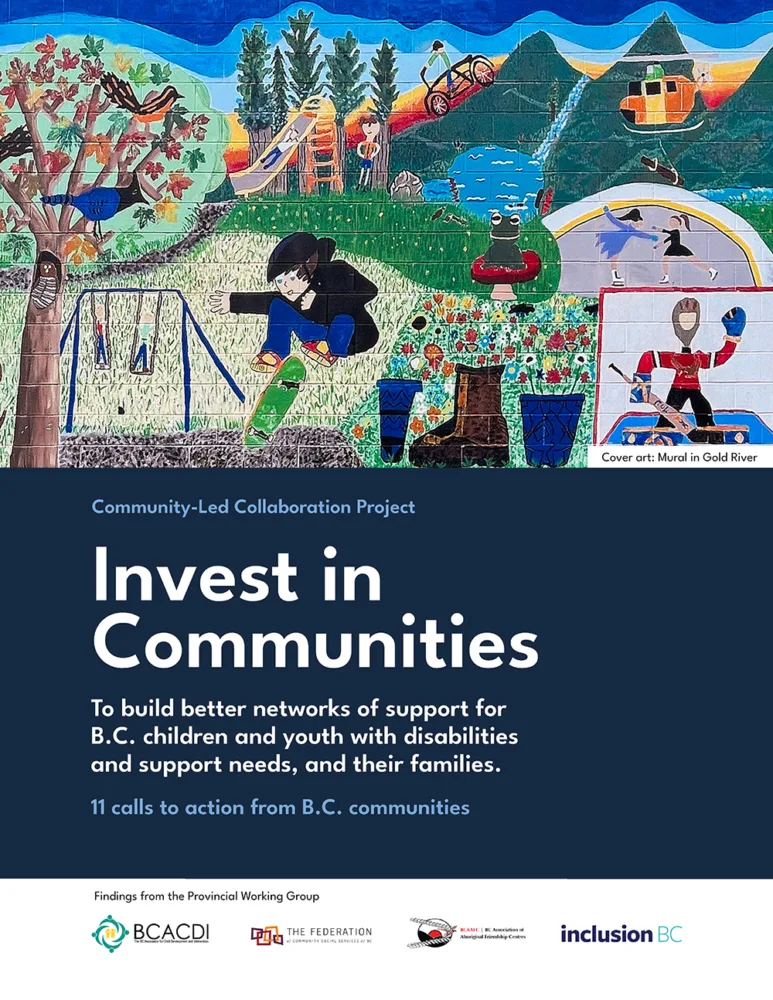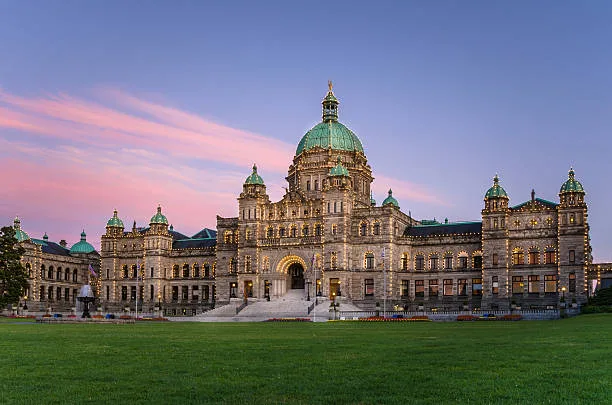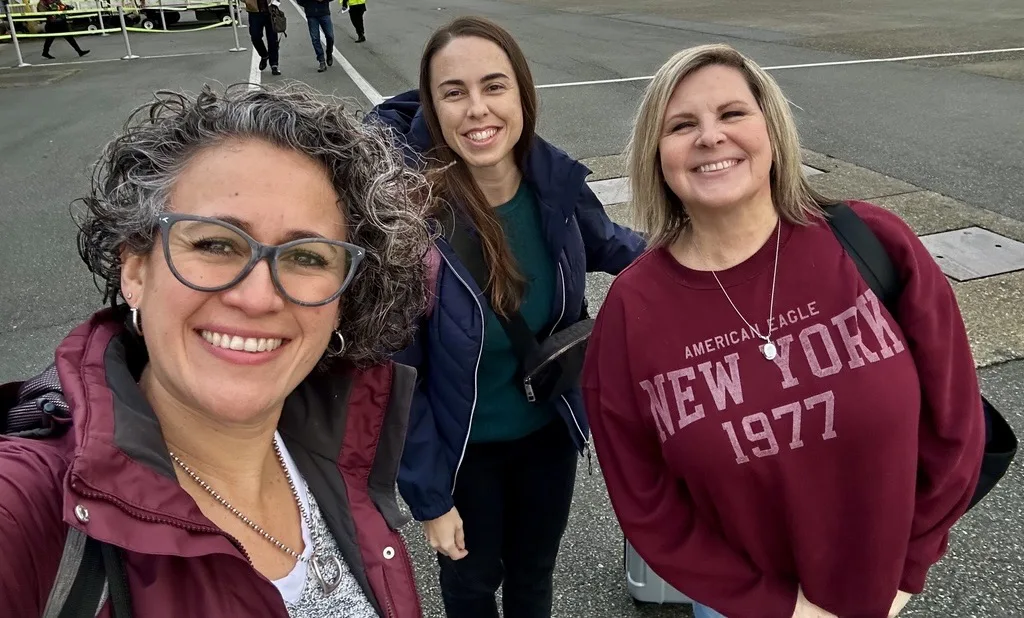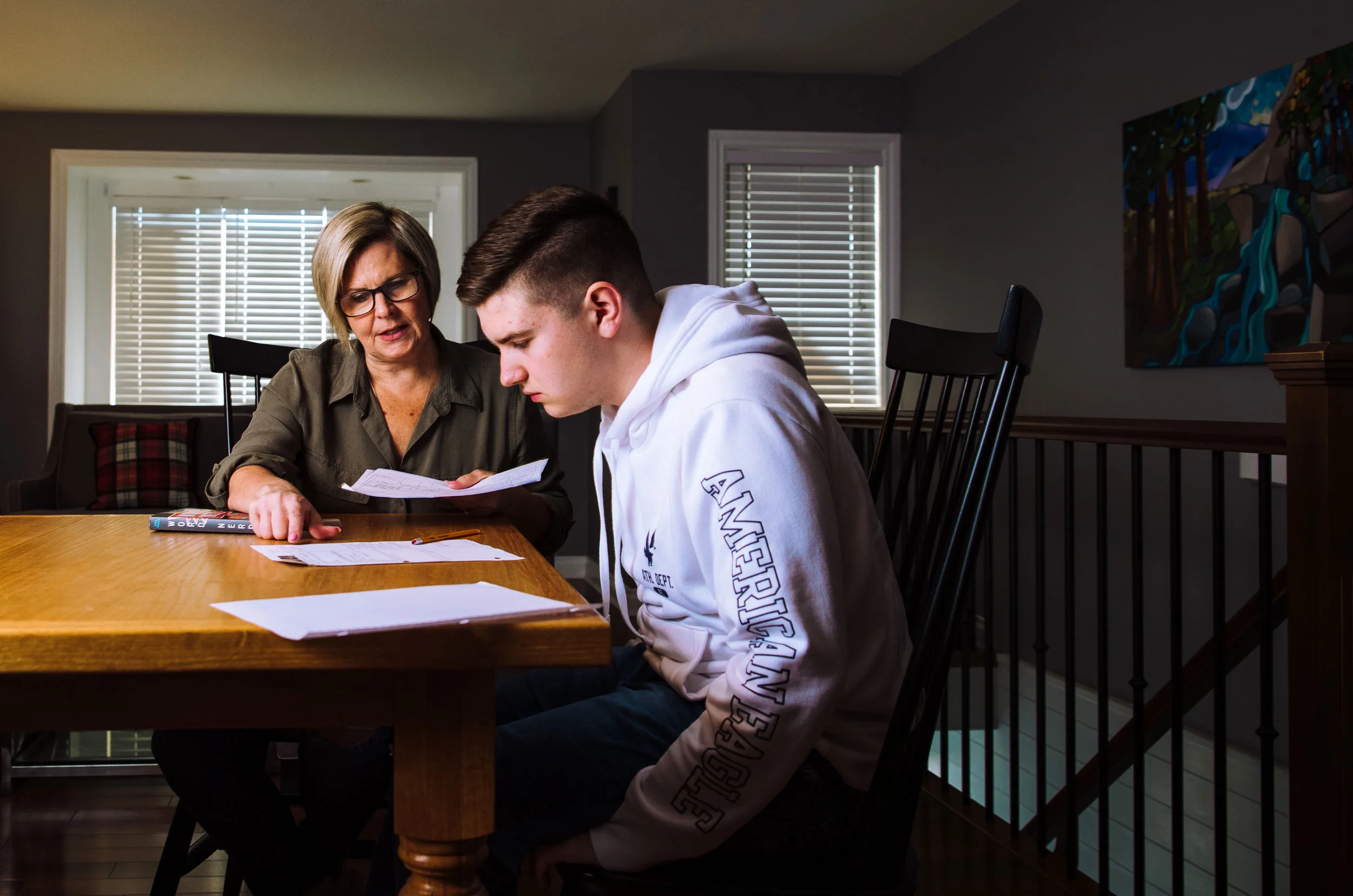Conversations To Inform More Inclusive, Culturally Safe, Needs-Based Approaches
Every community is unique. So are the children and youth with disabilities and their families. From September 2022 to December 2024, this project built on the existing strengths of community-based models and explored what truly collaborative and connected networks of support can achieve together
The project took place in two phases. In Phase 1, the Provincial Working Group and their partners hosted community conversations in six initial communities. In Phase 2, 17 communities received Community Engagement Grants to host their own engagement and shared findings within their communities. In total, over 130 community organizations connected with over 2,000 people in 23 communities across B.C.
In January 2025, a final report from the project was shared with the Ministry of Children and Family Development to inform how they deliver services through their Children and Youth with Support Needs program. Our expectation is that the personal, local insights shared over the course of the project drive more accessible, inclusive, culturally safe, and needs-based approaches to program delivery.
The result of these community conversations is twofold: a vision for all children and youth to achieve their fullest potential and thrive in their community and 11 calls to action with specific recommendations to make this vision a reality.
Community-Led Conversations happened in:
-
- Campbell River & Gold River
- Castlegar
- Kamloops
- Port Alberni
- Richmond
- West Coast Communities of Vancouver Island
- Chilliwack
- Cowichan Region
- Fort St. John and District
- Gulf Islands
- Kootenay-Boundary
- Langley
- Mission
- Nanaimo – Ladysmith
- Parksville – Qualicum
- qathet Region (Powell River)
- Saanich Peninsula
- Sea to Sky Corridor (Squamish, Whistler, and Pemberton)
- Sooke – Westshore
- South Okanagan/Similkameen (Penticton, Oliver/Osoyoos, Cawston/Princeton, Osoyoos Indian Band and Upper Similkameen Indian Band)
- South Vancouver
- Victoria
The Community Engagement Grants had access to the Community Engagement Guide to support their planning and implementation
Designed For Safe, Inclusive, and Accessible Conversations
For every community, there were several check-ins with community members throughout the process to make sure their thoughts and feedback accurately reflected what was said, and how they felt.
- Built Local Teams
Built local teams of knowledge and expertise to ensure the best approach to engagement for their community. - Co-Designed
In partnership with local teams, co-designed an inclusive, accessible, community-centred approach to engagement. - Session 1
Hosted in-person and hybrid sessions with youth, families, caregivers and community service providers. - Virtual Report
Delivered a virtual presentation of the community report draft to each community following Session 1. - Session 2
Held virtual sessions with broader community partners to deliver a summary of the community report and invited ideas/solutions to the themes identified. - Summary
Delivered a summary report of the engagement that belongs to and in each community. Reported back to MCFD.
Four Guiding Principles Of Inclusive Community Conversations
Reconciliation and Decolonizing
Reconciliation and decolonization guided our approach to community engagement. We committed to engagement that was inclusive, accessible, and culturally safe, with an appropriate approach that made space for historically excluded voices and perspectives.
Collaboration
Co-designed with communities an engagement that informed how communities can create better networks of support for children and youth with disabilities and support needs and their families. Inclusive communities are healthier communities and this is a shared responsibility.
Community-Driven Change
Our engagement presented an opportunity to build on the existing strengths of British Columbia’s system and name the changes needed to best support children and youth with disabilities and support needs and their families.
Transparency and Timeliness
We circulated timely summaries that kept participants informed and helped to ensure we captured what is most important to each community. We participated in regular meetings with the Ministry of Children and Family Development.
The Community-Led Collaboration Project and Community Grants is funded by the Ministry of Children and Family Development
